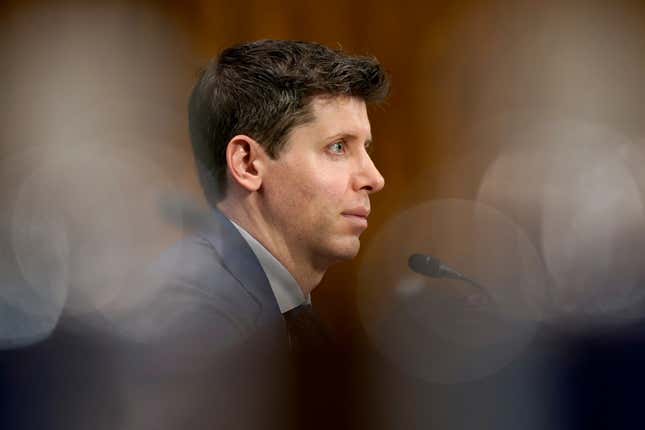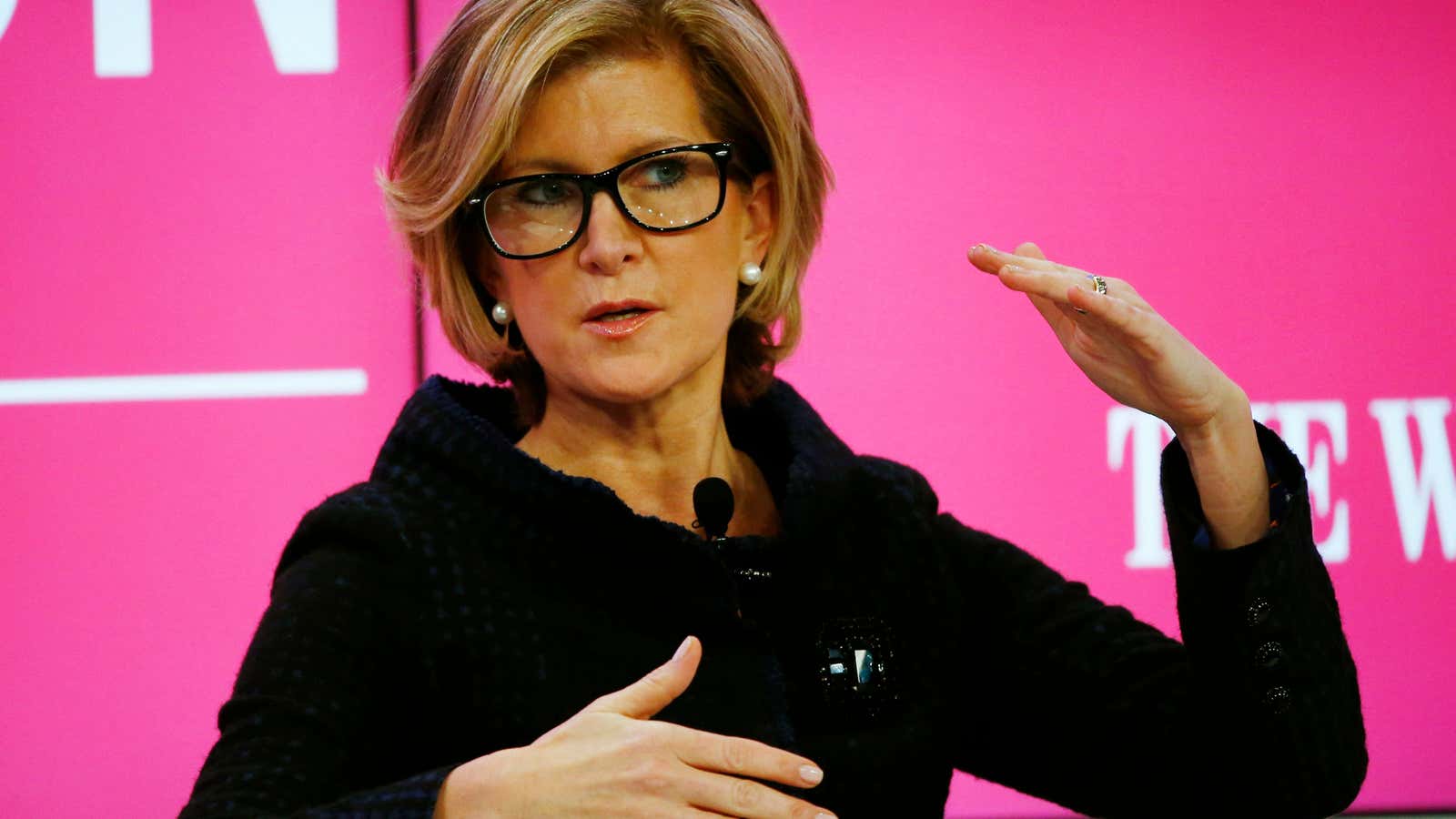The business of managing people’s money is lucrative for artificial intelligence deals. Nearly $1.9 billion of equity funds have poured into asset and wealth management sector, according to CB Insights, a market data firm that tracks private companies.
About $1 billion of the funds went into data and analytics, where advisers and analysts can rely on generative AI as their handy research assistant; feeding proprietary and public information into the system, AI can help make timely decisions, automate workflows, and generate communication for clients.
The technological leap comes in good time as advisers are grappling with the magnitude of research needed to meet customer demands. With four in five financial advisers expecting to use artificial intelligence to engage clients and automate manual tasks, consulting firm Accenture projects generative AI will be used in 90% of banking working hours.
“The asset, wealth, [and] financial management sector is undergoing a seismic shift in consumer demand,” said Yasin Rosowsky, co-founder and chief technology officer of Arabesque AI, a sustainable fintech provider whose AI generates customized portfolios.
Rosowsky told Quartz that the next generation expects a “Netflix” treatment filled with choices—a “watch what you want, when you want, how you want” approach to portfolio management—and their preferences, are increasingly focused on sustainability and impact. This additional focus is time-consuming to meet and that’s where AI can step in.
Gen Z want to invest in causes they personally align with
Two-thirds of young people want to put their money in causes they personally align with, according to a recent US Bank survey. That means more demand for specific information that requires time and effort to dig into each business.
Arabesque AI’s engine, Aether, uses cloud-based computation to forecast roughly 20,000 global company prices and 250 features every day. The fintech firm focuses on layering sustainability and climate risk factors into each portfolio. “Tasks that once required months of expensive work from entire teams of researchers can now be automated, thus lowering cost [and] making them more accessible,” said Rosowsky.
JPMorgan Asset & Wealth Management also acquired a similar platform two and a half years ago. Its CEO Mary Callahan Erdoes told investors in May that through its company OpenInvest allows users to “personalize [their] values” by adding those preferences to the AI. Generative AI can then tailor a customer’s entire wealth, including assets held away, to those values-based choices. “It will be the Holy Grail of how people think about managing their assets, and we’re well on our way,” she said.
AI handles the TL;DR financial information
Advisers are also finding generative AI tools to help them find and summarize information.
Orion Advisor Solutions is a fintech that specializes generating “smart summaries” for advisers to evaluate a portfolio according to their client’s wishes. The so-called smart summary draws on financial data and gives talking points for the adviser to explain the impact of the portfolio changes.
“In wealth management, there are some complex things in a portfolio, like rebalancing, tax optimization, and asset allocation [that] the adviser usually needs to explain it to the client,” said Mustapha Baassiri, Orion’s chief technology officer. That’s where a generative AI comes in, he said, as it can personalize talking points to the client’s persona.

GPT-4 is superior, but advisers are looking elsewhere
So far, the asset and wealth industry is mainly using ChatGPT as its foundational large language model (LLM). Still, companies say they are looking to diversify.
Baassiri finds GPT-4, OpenAI’s latest release, to be the most advanced, and that means they didn’t “have to tweak it as much, so out of the box works for our use case.” As with any startups, the business want to create the product as quickly as possible and launch it to the market.
“It all comes down to price, speed, and how well the model works, but that hasn’t been an issue for us,” he added. However in the future, companies like Orion may need bigger models for more complex products—and that’s where their cloud provider may step up.
Orion uses Amazon Redshift as their primary data warehouse and analytics platform. With Amazon pushing their LLM offerings to cloud customers, it’s hard not to take note as it could be convenient to have all the infrastructure hosted at the same place. “We will definitely look at their model to use it and compare it to OpenAI model,” said Baasiri.
Arabeque AI uses Google Cloud as part of Google’s startup program and are considering using a hybrid cloud solution to do the computation due to cost. While it feels like AI could be a job-killer, AI makers and users alike say humans are still very much needed.
“What AI is doing is summarizing, translating... A human adviser is doing much more than that. They’re managing client relationships,” Baasari said. “I don’t think there’s a risk of replacing a human adviser anytime soon.”
